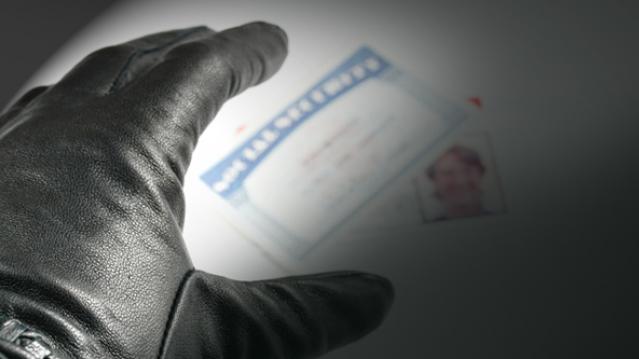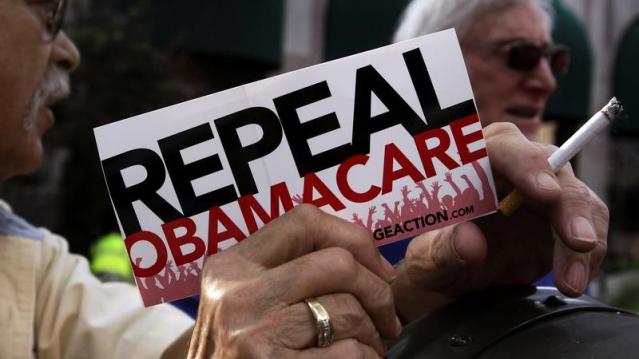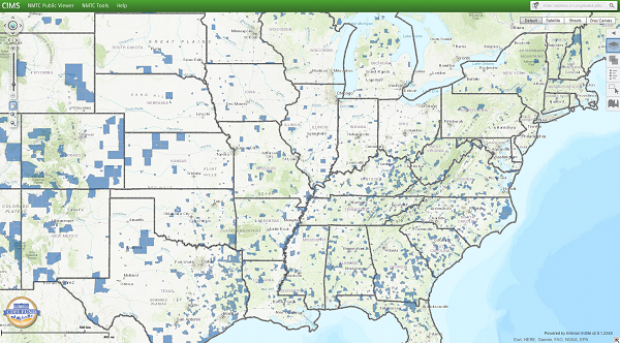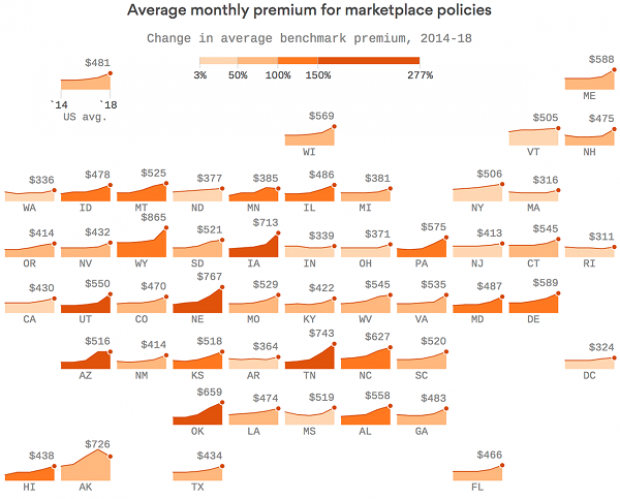How IRS Protects ID Thieves

Millions of Americans have fallen victim to ID theft during tax season, when fraudsters file false returns in an attempt to steal other people’s refunds.
Victims face delays in getting their real refunds, and paperwork nightmares that can drag on for months. In an attempt to survey the damage, some have asked the IRS for a copy of the fake returns, but Bloomberg reports that the agency has denied such requests, despite consumer-protection regulations intended to help victims in these situations.
The rules protecting consumers apparently conflict with tax laws that prevent its agents from sharing bogus returns and impose a penalty of up to five years in prison and a $250,000 fine for IRS workers who violate that law. “Employees face the specter of felony charges for giving out private details — including, possibly, those of the identity thieves — to those who aren’t authorized,” according to Bloomberg.
Related: 3 Costly and Common Tax Scams to Avoid
Tax refund fraud has ballooned in recent years. While electronic filing has made the tedious process of filing taxes more bearable for consumers, it has also made it easier for criminals to scam the system by filing phony returns using stolen Social Security numbers. Scammers bilked the IRS out of $5.8 billion in fraudulent tax refunds in 2013, a number auditors expected would climb much higher in the most recent tax season. (Numbers haven’t yet been released for 2014 returns).
Electronic fraud became such a problem this year that TurboTax briefly suspended state returns for customers in February to deal with ID theft issues.
If the IRS is of limited help to victims, that’s all the more reason to make sure your information is protected. You can find some tips to reduce your risk of ID theft here.
Top Reads From The Fiscal Times:
- Found! 6,400 New Lois Lerner Emails on the IRS Targeting Scandal
- The Liberal Solution to America’s Big Spending Problem
- The Flawed F-35: Why the Pentagon Will Never Shoot It Down
GOP Tax Cuts Getting Less Popular, Poll Finds

Friday marked the six-month anniversary of President Trump’s signing the Republican tax overhaul into law, and public opinion of the law is moving in the wrong direction for the GOP. A Monmouth University survey conducted earlier this month found that 34 percent of the public approves of the tax reform passed by Republicans late last year, while 41 percent disapprove. Approval has fallen by 6 points since late April and disapproval has slipped 3 points. The percentage of people who aren’t sure how they feel about the plan has risen from 16 percent in April to 24 percent this month.
Other findings from the poll of 806 U.S. adults:
- 19 percent approve of the job Congress is doing; 67 percent disapprove
- 40 percent say the country is heading in the right direction, up from 33 percent in April
- Democrats hold a 7-point edge in a generic House ballot
Special Tax Break Zones Defined for All 50 States

The U.S. Treasury has approved the final group of opportunity zones, which offer tax incentives for investments made in low-income areas. The zones were created by the tax law signed in December.
Bill Lucia of Route Fifty has some details: “Treasury says that nearly 35 million people live in the designated zones and that census tracts in the zones have an average poverty rate of about 32 percent based on figures from 2011 to 2015, compared to a rate of 17 percent for the average U.S. census tract.”
Click here to explore the dynamic map of the zones on the U.S. Treasury website.
Map of the Day: Affordable Care Act Premiums Since 2014

Axios breaks down how monthly premiums on benchmark Affordable Care Act policies have risen state by state since 2014. The average increase: $481.
Obamacare Repeal Would Lead to 17.1 Million More Uninsured in 2019: Study

A new analysis by the Urban Institute finds that if the Affordable Care Act were eliminated entirely, the number of uninsured would rise by 17.1 million — or 50 percent — in 2019. The study also found that federal spending would be reduced by almost $147 billion next year if the ACA were fully repealed.
Your Tax Dollars at Work

Mick Mulvaney has been running the Consumer Financial Protection Bureau since last November, and by all accounts the South Carolina conservative is none too happy with the agency charged with protecting citizens from fraud in the financial industry. The Hill recently wrote up “five ways Mulvaney is cracking down on his own agency,” and they include dropping cases against payday lenders, dismissing three advisory boards and an effort to rebrand the operation as the Bureau of Consumer Financial Protection — a move critics say is intended to deemphasize the consumer part of the agency’s mission.
Mulvaney recently scored a small victory on the last point, changing the sign in the agency’s building to the new initials. “The Consumer Financial Protection Bureau does not exist,” Mulvaney told Congress in April, and now he’s proven the point, at least when it comes to the sign in his lobby (h/t to Vox and thanks to Alan Zibel of Public Citizen for the photo, via Twitter).



